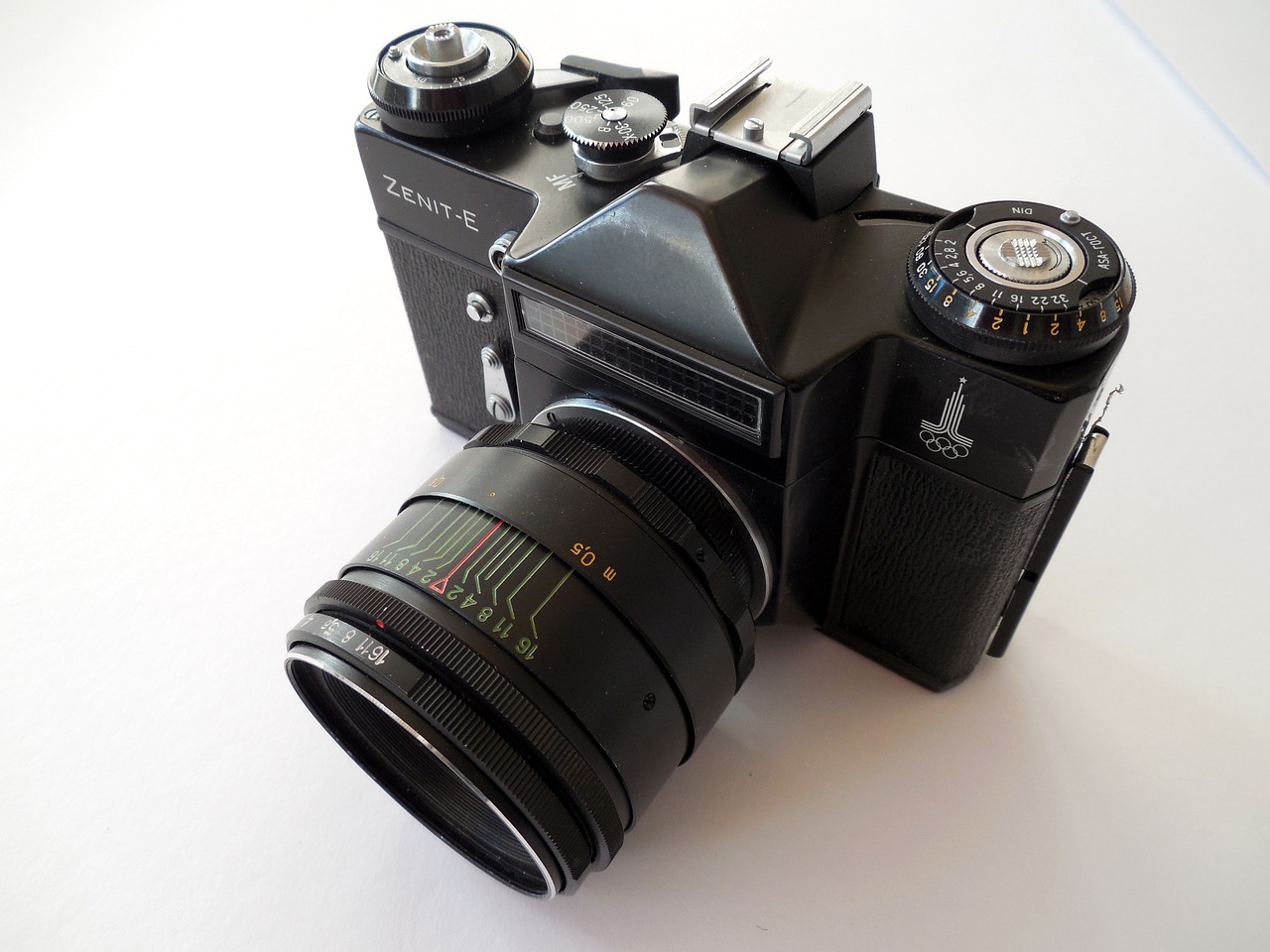Tariff on PLC Controllers: An Examination of the Impact on Trade and Industry
This paper examines the impact of tariffs on PLC controllers on trade and industry. PLC controllers are important industrial products that have become essential to many manufacturing processes. The imposition of tariffs on these controllers could significantly affect the manufacturing industry and its ability to compete in the global market. The paper investigates the potential impact of tariffs by examining the current state of the PLC controller market, including market size, share, and growth. It also considers the potential impact of tariffs on manufacturers, including increased costs, decreased profits, and potential market contraction. The findings indicate that tariffs on PLC controllers could have a significant impact on trade and industry. Manufacturers may face increased costs and decreased profits, which could affect their ability to compete in the global market. Additionally, tariffs could lead to market contraction as manufacturers reduce their use of PLC controllers or seek alternative products. In conclusion, the paper underscores the importance of removing tariffs on PLC controllers to ensure fair competition in the global market and promote economic growth.
In recent years, the development of technology and industrial automation has accelerated, with PLC controllers playing a crucial role in various industrial sectors. As a result, the tariff on PLC controllers has become a significant concern for both governments and industry insiders. This article examines the impact of the tariff on PLC controllers on trade and industry, offering insights into the current situation and potential future trends.
Background
PLC controllers, which stand for Programmable Logic Controllers, are essential components of industrial automation systems. They are used in a wide range of industries, including manufacturing, processing, energy, and transportation, to name a few. As these industries have become increasingly dependent on technology and automation, the demand for PLC controllers has also increased. This rise in demand has made the tariff on PLC controllers a significant factor in industrial cost structures.

Tariff Impact on Trade
The tariff on PLC controllers has multiple effects on trade. Firstly, it increases the cost of importing PLC controllers into a country, making it more expensive for industries to acquire these crucial components. This rise in cost can have a significant impact on industrial profitability and production efficiency. Secondly, the tariff can also affect the competitiveness of industries that use PLC controllers by making their products more expensive in comparison to those produced in other countries. This can result in a decline in market share for these industries.
Tariff Impact on Industry
The impact of the tariff on PLC controllers on industry is also significant. Firstly, it can affect the overall productivity of industries that use PLC controllers. As the cost of acquiring these components increases, industries may find it more difficult to meet their production targets. Secondly, the tariff can also have an impact on the innovation and development of new products and processes that rely on PLC controllers. Higher costs can limit the ability of industries to invest in these areas, hindering technological progress and productivity gains. Finally, the tariff on PLC controllers can also affect employment in these industries as companies may find it necessary to reduce their workforce due to increased production costs.
Government Policies and the Tariff on PLC Controllers

In response to the tariff on PLC controllers, governments have implemented various policies to protect their industries. These policies include subsidizing domestic production of PLC controllers, imposing tariffs on imports from other countries, and supporting industry associations and lobbying efforts to reduce the tariff burden. However, these policies have their own set of challenges and trade-offs that need to be carefully considered by governments.
Future Outlook
The future outlook for the tariff on PLC controllers is uncertain. On one hand, with the continued rise in demand for PLC controllers and the associated cost increases, there is a risk that tariffs will continue to rise. On the other hand, there are also opportunities for governments and industry insiders to work together to address this issue. For example, they can negotiate with other countries to reduce tariffs or seek new sources of supply that are not subject to tariffs. Additionally, there is potential for advancements in technology to drive down the cost of PLC controllers, mitigating the impact of tariffs. However, it is essential to note that any significant changes in tariff policy or industry structure will require significant effort and time to implement.
In conclusion, the tariff on PLC controllers presents a significant challenge to both governments and industry insiders. It increases production costs, affects competitiveness, and hinders technological progress. However, by implementing effective policies and working together to address these issues, it is possible to mitigate the negative impact of tariffs on trade and industry.
Articles related to the knowledge points of this article:
PLC Controller OEM: An Introduction to Programming and Customization